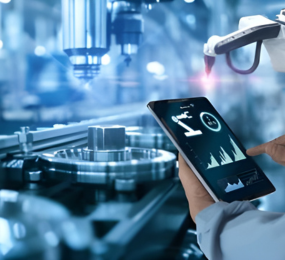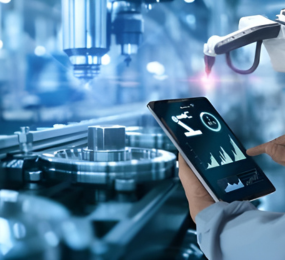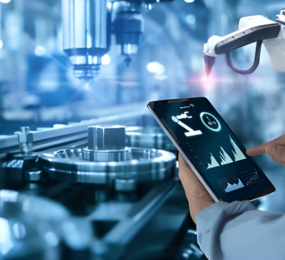Automotive Functional Safety: Keeping Reliability at the Core of Modern Mobility
Modern vehicles are no longer just machines powered by fuel and metal. They are highly sophisticated systems packed with electronics, sensors, software, and automated decision-making tools. From anti-lock braking and airbag deployment to lane-keeping assist and adaptive cruise control, today’s cars do more than ever before to keep us safe.
But with greater complexity comes a bigger responsibility: ensuring that all these systems work reliably, even when something goes wrong. That’s where automotive functional safety comes in.
Functional safety focuses on the response to system failures ensuring that even in the case of a malfunction, the vehicle does not pose a risk to the driver, passengers, or others on the road. It’s not just about performance; it’s about how the car behaves under stress, faults, or unpredictable conditions.
Why Functional Safety Matters Today
As the automotive industry continues its shift toward electrification, automation, and connectivity, the potential for electronic and software-related issues increases. A small bug in a sensor, a delayed signal, or a miscommunication between vehicle systems could have dangerous consequences.
That’s why global safety standards like ISO 26262 exist to guide automotive engineers and designers in developing systems that are not only functional but safe. These standards require that risks be identified early in the development process, assessed for severity and likelihood, and mitigated with both preventive and corrective measures.
For example, in an electric vehicle, the battery management system must detect overheating and either shut down or safely isolate affected modules. Similarly, in autonomous vehicles, if a radar or camera fails, the system must know how to fall back on alternate sensors or alert the driver, ensuring the vehicle stays in control.
A Human-Centered Approach to Safety
At the heart of functional safety is a commitment to human life. It's about creating technologies that people can trust not just because they are smart, but because they are resilient and responsible.
This is especially important as vehicles become more autonomous. Drivers are placing more faith in their cars to make decisions on their behalf. Functional safety ensures that this trust is not misplaced. It’s what separates a convenient feature from a life-saving one.
Manufacturers, regulators, and developers now work hand-in-hand to design, test, and certify safety-critical systems before they ever hit the road.
Takeaway Point
Automotive functional safety is the backbone of responsible innovation in the mobility sector. As vehicles evolve into smarter, more capable machines, ensuring that safety remains uncompromised even when systems fail is not just a technical requirement, but a moral one. It's what turns innovation into protection, and engineering into peace of mind.
Learn more on our website: https://www.leadventgrp.com/events/3rd-annual-automotive-functional-safety-forum/details
For more information and group participation, contact us: [email protected]
Leadvent Group - Industry Leading Events for Business Leaders!
www.leadventgrp.com | [email protected]
















